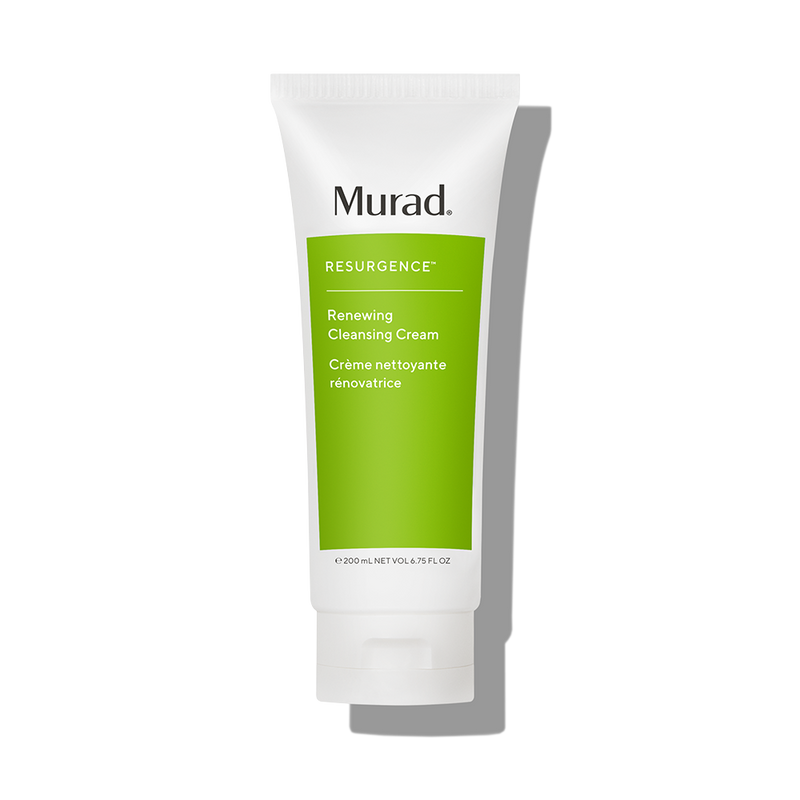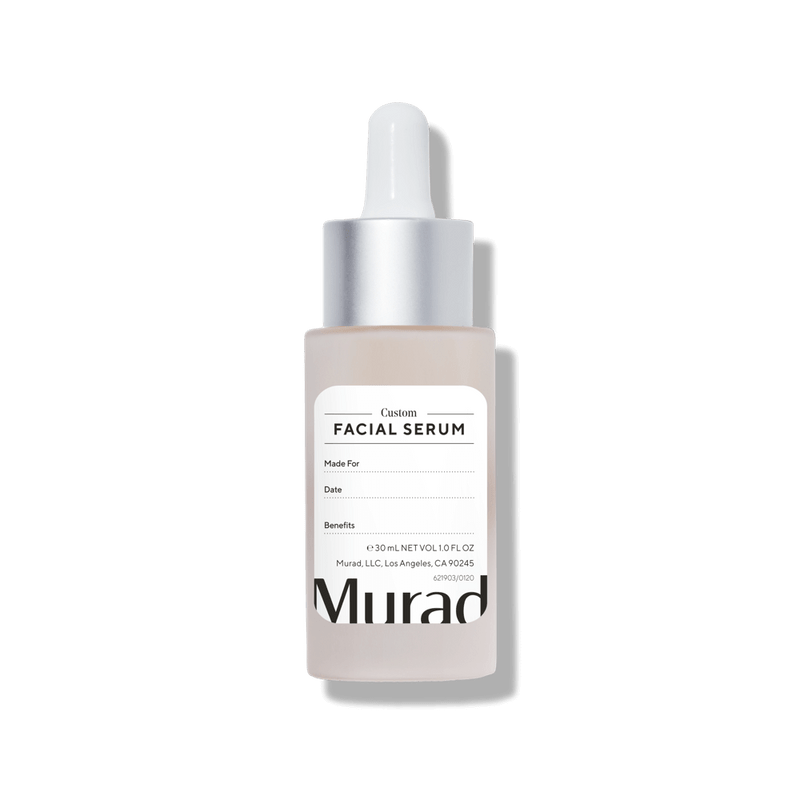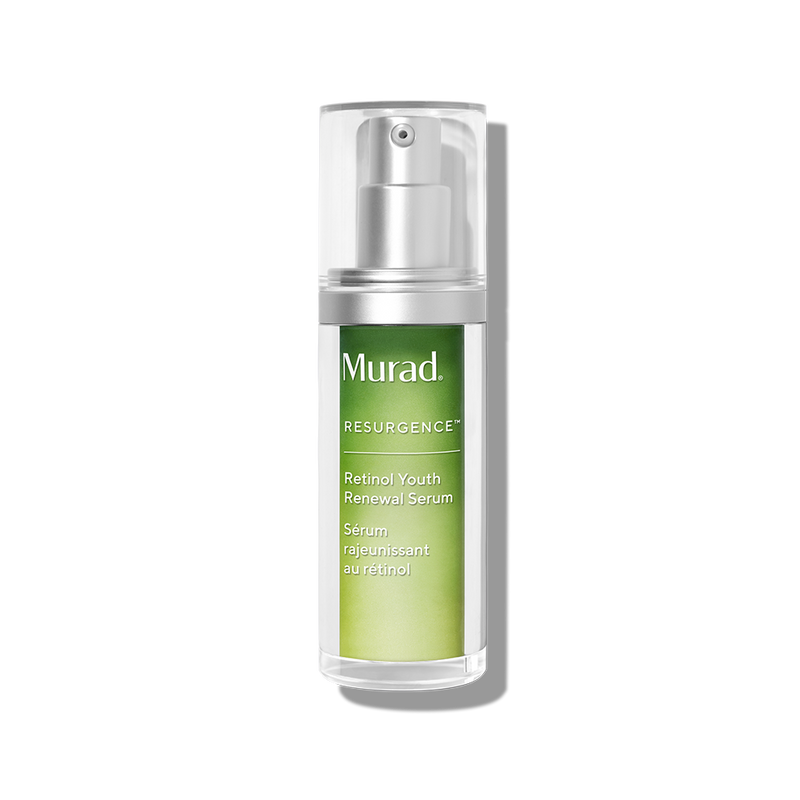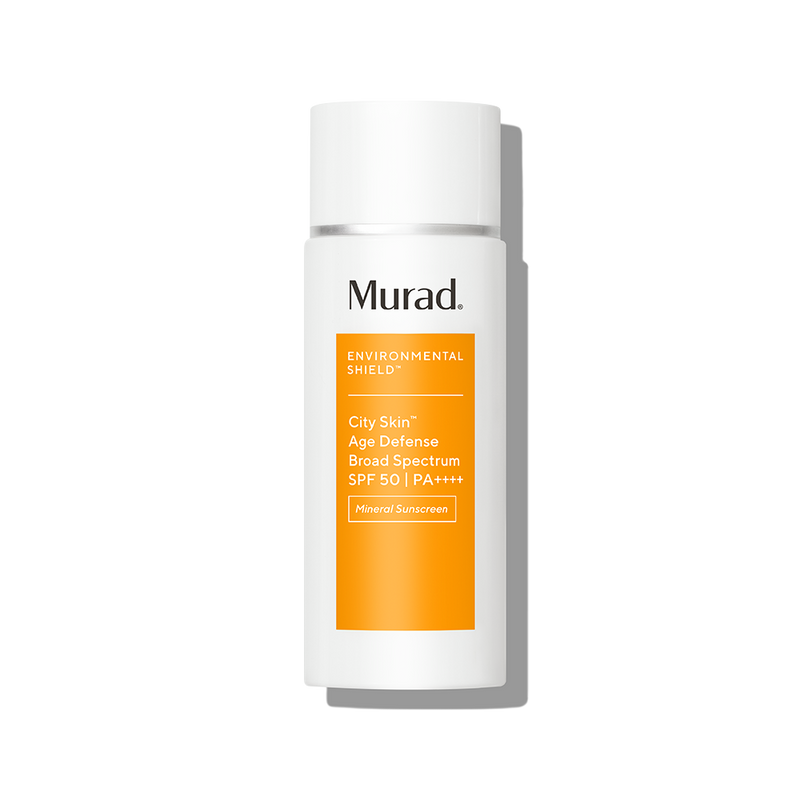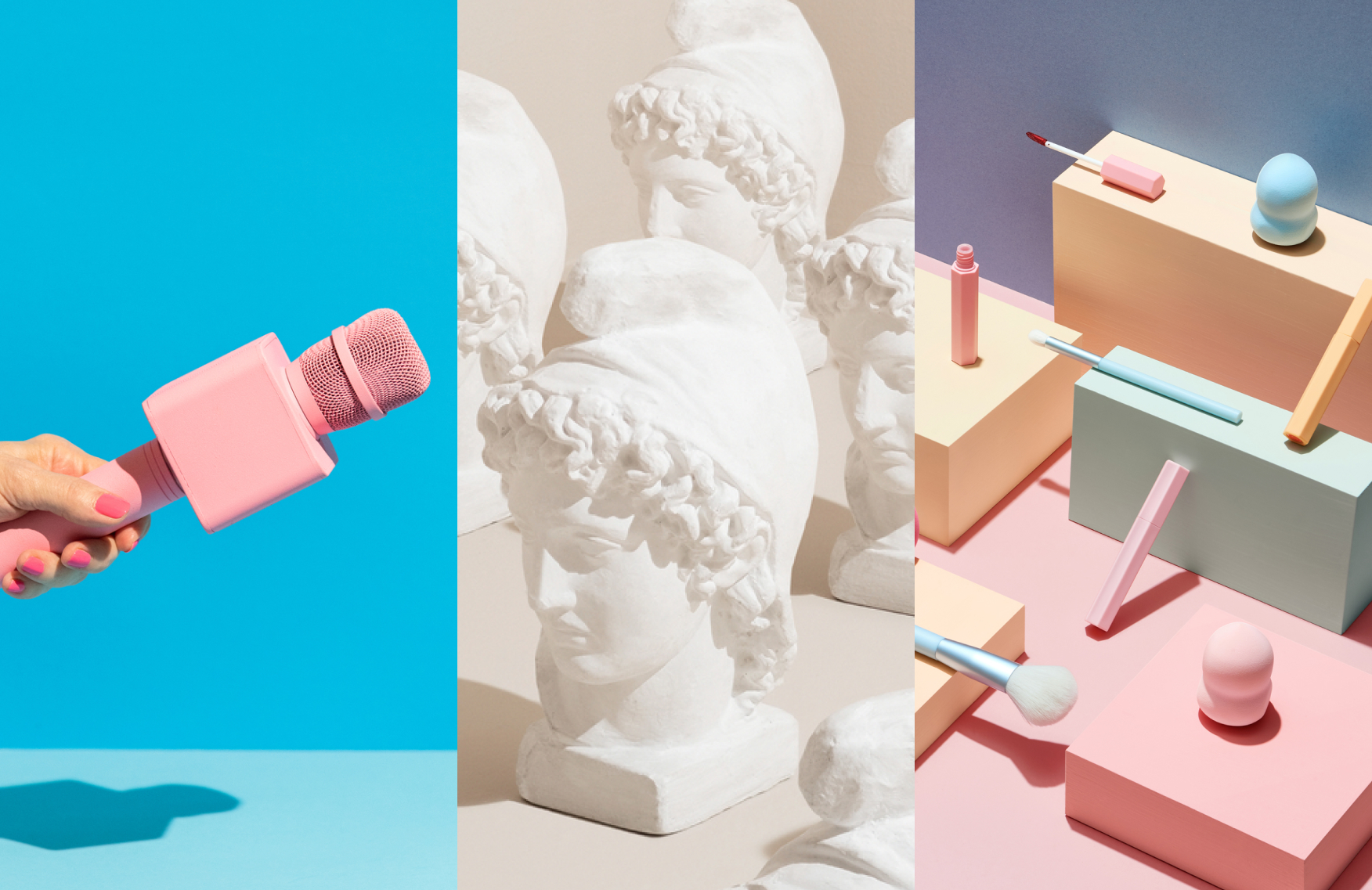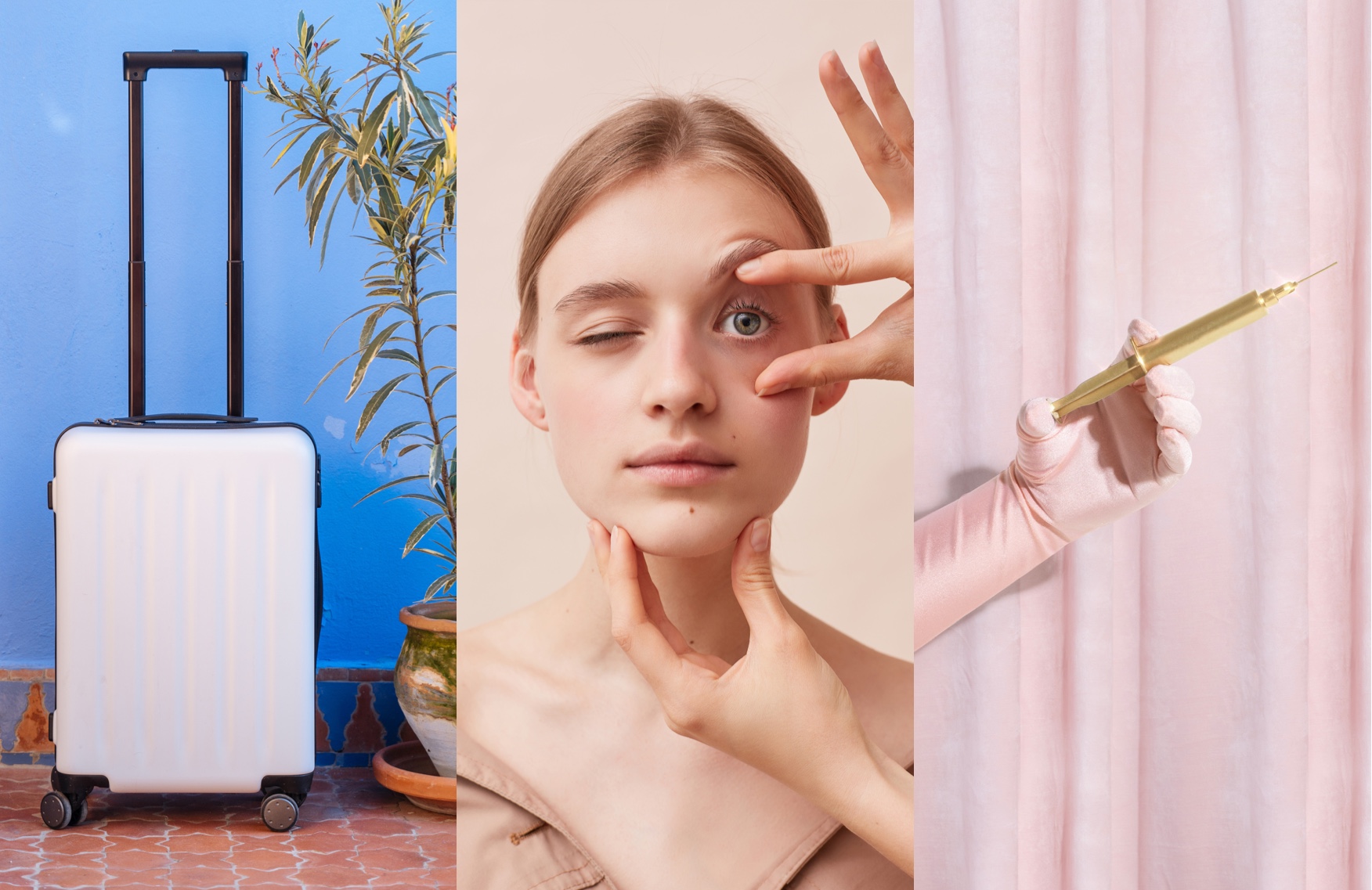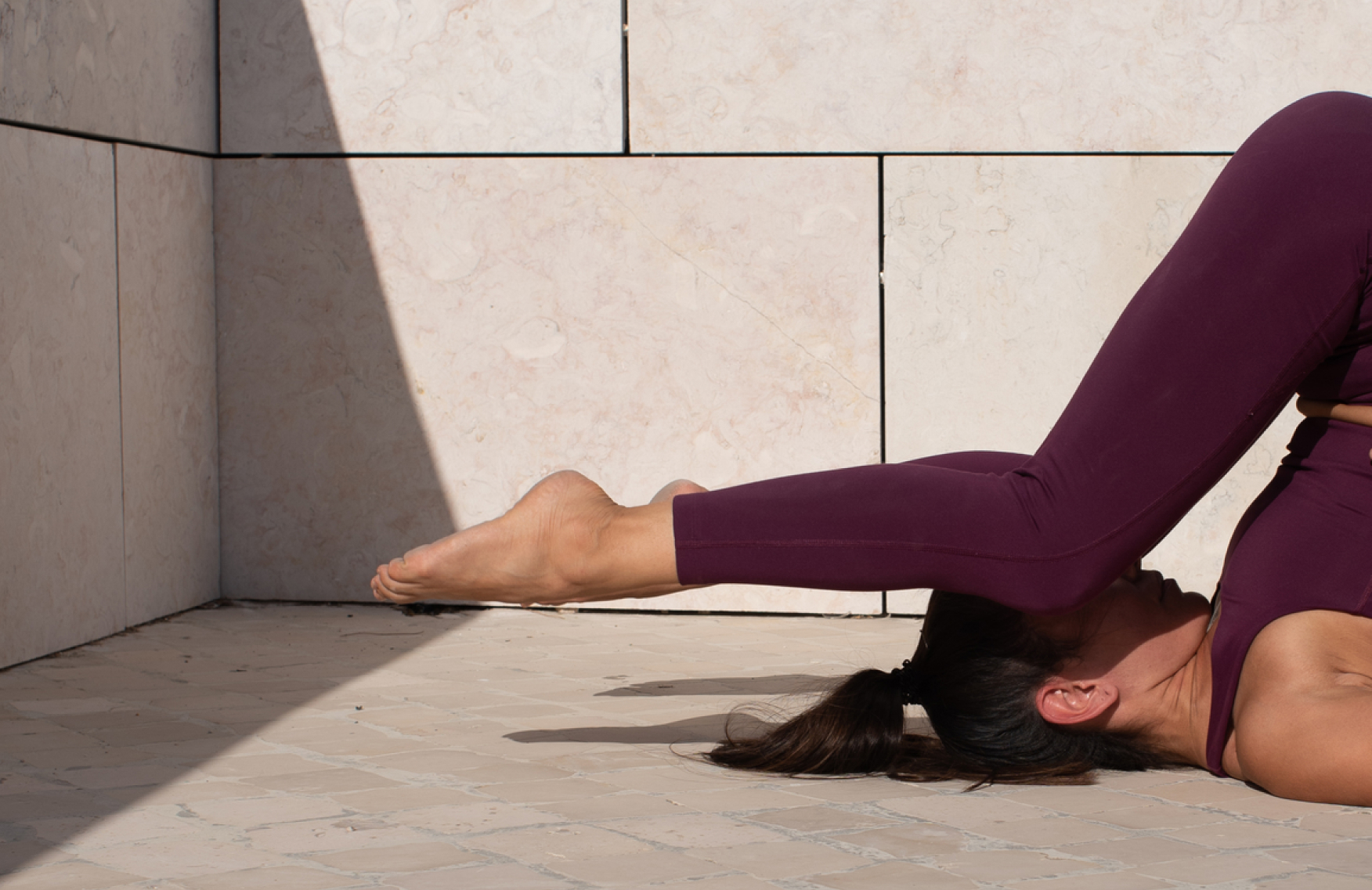What does self-care even mean these days? Spoiler alert: It’s not what you think
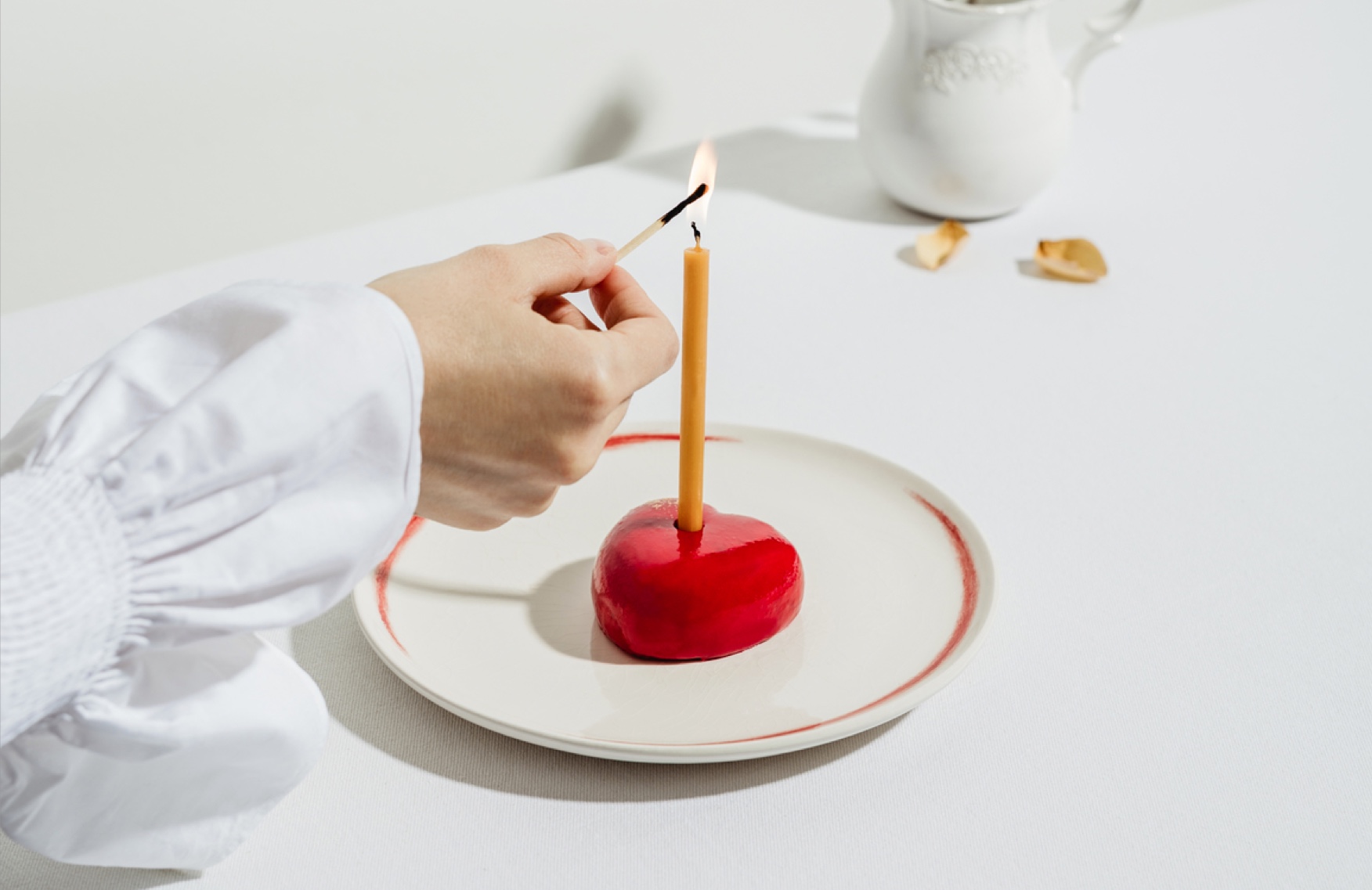
Skincare routines. Shopping. Long showers. Depending on who you ask, self-care can mean anything. Without a clear definition, it can be confusing to know if you’re “self-caring” correctly. So we tapped doctor of clinical psychology Dr. Courtney Tracy, otherwise known as The Truth Doctor, to explain all the nuances of self-care and self-love, including how to identify it, how to make sure it’s genuine and how to practice it even when you’re spiraling.
Why is self-love/self-kindness/the relationship you have with yourself so important?
Dr. Tracy: When you love something, you take care of it. You tend to it, nurture it, do things to make it grow. Love allows you to see the boundaries, tools and ingredients needed for something to flourish. When we don’t have that love towards ourselves, our health tends to diminish. The relationship you have with yourself is so important because you are the one who spends the most time with yourself. You know what you need, and how you feel, more than anyone else does.
RuPaul has a famous tagline: “If you can’t love yourself, how in the hell you gonna love somebody else?” Is it true that if you don’t practice self-love, it can affect your other relationships? How?
Dr. Tracy: I understand why people tend to throw around this phrase. It’s usually said as, “You can’t love someone until you love yourself,” and this just isn’t true if you really get down to the nuance within the statement. There are different types of love. You can easily not love yourself kindly or compassionately, but can love someone else that way. (I’m thinking about parents as an example here: They love their kids unconditionally yet can beat themselves up in their heads over the smallest thing).
What self-love does is it allows you to see what health and safety looks like for yourself in your own life. Then, when you’re able to see that for yourself, you’re usually more capable of supporting health and safety in another human being. Another side of this is that when you’re able to deeply know and accept yourself, you’re more able to do this with other people.
Is internal validation the key to happiness?
Dr. Tracy: Internal validation is not the key to happiness, but it can be a piece of a key that unlocks the ability to feel happy. The goal of life is not to feel happy all the time. Happiness feels like happiness because it can be contrasted against other feelings. So, we want the ability to feel happiness, and internal validation is one way to do that.
Our thoughts and the amount of emotions we allow ourselves to internally experience impact our well-being. I’d say the true beneficial aspect of “validating” feelings and thoughts isn’t the validation itself. It’s that we actually allow ourselves to feel and think the things we feel and think, and this creates less crowding in our lives and sense of self which, in turn, makes more room for happiness.
From advertisements to influencers, we’re bombarded with images of “perfect” people, with covetable skin, bodies and lifestyles. Even though in the back of our mind, we know these images are often photoshopped and/or heavily staged, they can still make us feel bad about ourselves. In your professional opinion, how can we come back from spiraling and feeling we’re not ‘enough’ after seeing these images?
Dr. Tracy: We’re on our way out of BS advertising that makes people feel like if they don’t look like a photo of someone who spent $25K on surgery and $5K on photo editing then we’re failures in life—and I’m here for it. This doesn’t change the fact that we’re still influenced by these targeted media pushes and need to acknowledge that our world boosts this type of beauty.
If you’re in a spiral and feeling not good enough after seeing this type of content, first tend to how you’re feeling in the moment. It’s actually completely appropriate to feel bad about yourself. That’s the goal of much of this type of content. To show you something you don’t have, make you feel like you should have it and can only get it using their products.
There’s nothing wrong with you, you’re responding the way you’re supposed to respond. Process that, and realize it’s not you— it’s actually the point of the image. Then, since we can’t change the world in a day, remove access to these images and/or equalize the playing field. Fill your days with things that combat these images. If your commute to work has 7 billboards all pushing a certain type of beauty, listen to a podcast during the ride that breaks down these billboards and removes your ability to unconsciously absorb their messages.
The term “self-care” is all over the place lately. Sometimes the things we think of as “self-care” can also be vices—like shopping or having a glass of wine every night. From a therapist’s perspective, what are your best practices/tips for pure self-love/self-care/self-kindness?
Dr. Tracy: Selfcare includes the basics. It’s not just manicures, wine nights and vacations. It’s also having a consistent hygiene, sleep and movement schedule. It’s doing the things that you do to prevent saying something later in life like, “I wish I took better care of myself”.
Self-kindness involves knowing what’s yours and what’s not—asking questions like “who first introduced this opinion, topic, perspective or ‘fact’ to me—and why? And do I want to keep it?” We’re constantly absorbing messaging from the outside world, and we need to remember we get to decide what we keep, how we use it and what we provide others in terms of opinions and viewpoints.
The views expressed in this article do not necessarily represent the views of Murad, and are for informational purposes only, even if the advice of physicians and medical practitioners are included. This article is not a substitute for professional medical advice, diagnosis or treatment, and should not be considered specific medical advice.
